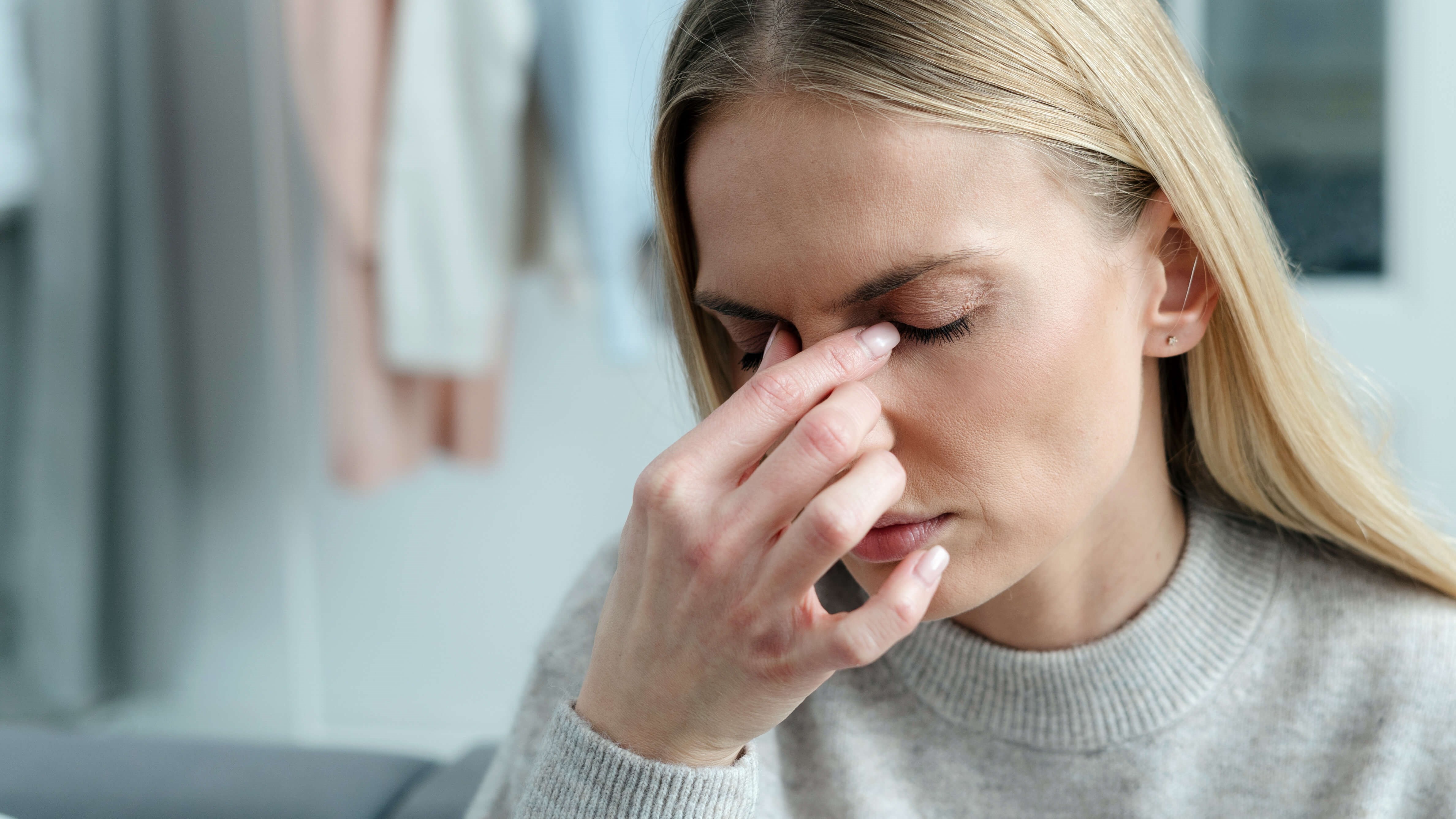Understanding the Correlation Between Menopause and Dry Eyes
&srotate=0)
Understanding the Correlation Between Menopause and Dry Eyes – and How OptiLight Can Help
As women age, especially around menopause, hormonal changes can significantly impact many areas of health, including eye health. One of the lesser-known but prevalent symptoms is dry eye syndrome. The fluctuation in hormone levels, particularly a decrease in estrogen, can reduce tear production, leading to persistent dry eye symptoms that may include irritation, burning, and sensitivity to light.
Why Menopause Triggers Dry Eyes
Estrogen and androgens, two primary hormones affected by menopause, play a crucial role in maintaining tear production. As estrogen levels drop, the glands responsible for producing both oil and water layers of tears can lose functionality. This imbalance leads to a decrease in tear quality, which can result in an unstable tear film and faster evaporation—essentially causing dry eyes. Studies suggest that up to 61% of postmenopausal women experience dry eye symptoms, making it a widespread issue for those going through this life stage.
Treating Menopausal Dry Eye with OptiLight
Managing dry eye caused by menopause can be challenging, as artificial tears only provide temporary relief without addressing the underlying cause. OptiLight by Lumenis, a light-based treatment specifically designed for dry eyes, offers a breakthrough solution. OptiLight uses intense pulsed light (IPL) therapy to target the root causes of inflammation associated with dry eye disease. By carefully applying pulses of light to the area around the eyes, OptiLight improves the function of the meibomian glands (oil-producing glands in the eyelids) that are often affected in dry eye cases.
Here's how OptiLight helps alleviate dry eye symptoms:
-
Reduces Inflammation: The light pulses help reduce inflammation around the eyes, which can often exacerbate dry eye symptoms.
-
Improves Oil Production: By stimulating the meibomian glands, OptiLight promotes better oil flow, which stabilizes the tear film and slows tear evaporation.
-
Minimally Invasive: OptiLight treatments are comfortable and quick, offering a practical, non-invasive option that can be completed in several sessions.
With OptiLight, postmenopausal women can experience relief from dry eyes through a targeted, long-lasting approach that addresses the underlying causes, providing more freedom from eye discomfort and improving overall quality of life.
Explore the Benefits of OptiLight for Menopausal Dry Eye Relief!